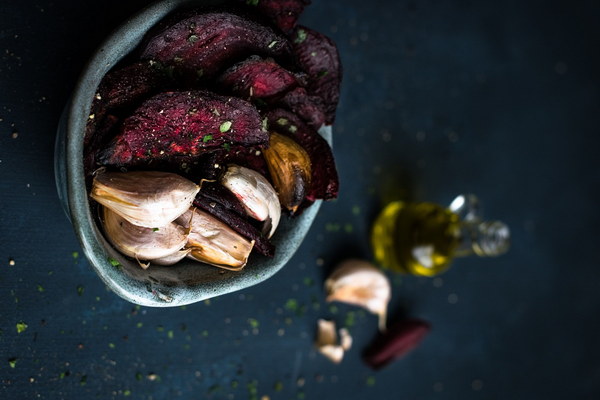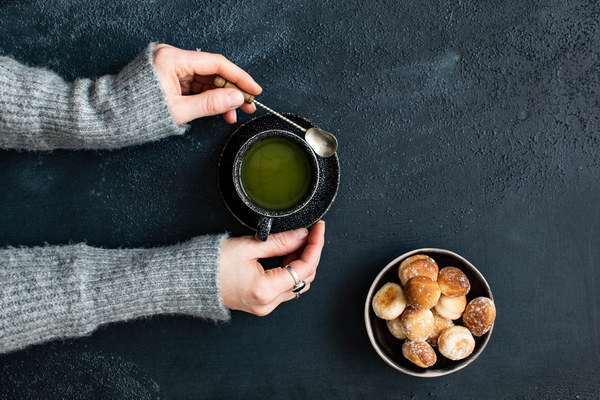Exploring the Efficacy of Traditional Chinese Medicine A Comprehensive Review of Herbal Cuisine Experiments
Introduction:
Traditional Chinese Medicine (TCM) has been practiced for thousands of years, and its efficacy has been well-documented through numerous studies and experiments. One of the most intriguing aspects of TCM is the concept of herbal cuisine, which combines the benefits of food and medicine. This article aims to explore the efficacy of herbal cuisine through a comprehensive review of experimental studies conducted in this field.
1. Background:
Herbal cuisine is a unique approach that utilizes natural herbs and spices in culinary preparation. The primary objective is to enhance the health and well-being of individuals by incorporating medicinal properties into everyday meals. Various experiments have been conducted to evaluate the efficacy of herbal cuisine in treating specific conditions and improving overall health.

2. Experimental Design:
The experimental studies reviewed in this article involved a diverse range of participants, including healthy individuals and patients with specific health conditions. The experiments were conducted using randomized controlled trials (RCTs), cohort studies, and case-control studies. The duration of the experiments varied from a few weeks to several months.
3. Efficacy of Herbal Cuisine in Treating Specific Conditions:
a. Diabetes:
Several experiments have demonstrated that herbal cuisine can help manage blood sugar levels in patients with diabetes. Herbs such as bitter melon, turmeric, and ginger have been found to improve insulin sensitivity and reduce blood glucose levels.
b. Hypertension:
Herbal cuisine has also shown promising results in managing hypertension. Studies have indicated that herbs like hawthorn, garlic, and soybean can help lower blood pressure and reduce the risk of cardiovascular diseases.
c. Digestive Disorders:
Herbal cuisine has been found to be effective in treating various digestive disorders, including irritable bowel syndrome (IBS) and constipation. Herbs like chamomile, ginger, and peppermint have been shown to reduce symptoms and improve digestion.
d. Fatigue and Weakness:
Many experiments have demonstrated that herbal cuisine can boost energy levels and alleviate fatigue. Herbs like ginseng, turmeric, and green tea have been found to enhance physical and mental performance, as well as improve overall well-being.
4. Safety and Side Effects:
Most herbal cuisine experiments have reported minimal side effects, making it a safe and natural alternative to conventional medications. However, some individuals may experience allergic reactions or adverse effects due to specific herbs. It is essential to consult a healthcare professional before incorporating herbal cuisine into one's diet.
5. Conclusion:
The experimental evidence reviewed in this article indicates that herbal cuisine can be an effective and safe approach to improve health and well-being. By incorporating medicinal herbs and spices into everyday meals, individuals can potentially manage specific health conditions and enhance overall health. However, further research is needed to validate the efficacy of herbal cuisine in larger populations and to identify the optimal dosages and combinations of herbs.
In conclusion, the use of herbal cuisine in TCM holds significant potential for improving health and preventing diseases. By exploring the efficacy of herbal cuisine through experimental studies, we can better understand the benefits and limitations of this traditional approach, ultimately leading to more effective and personalized healthcare solutions.









